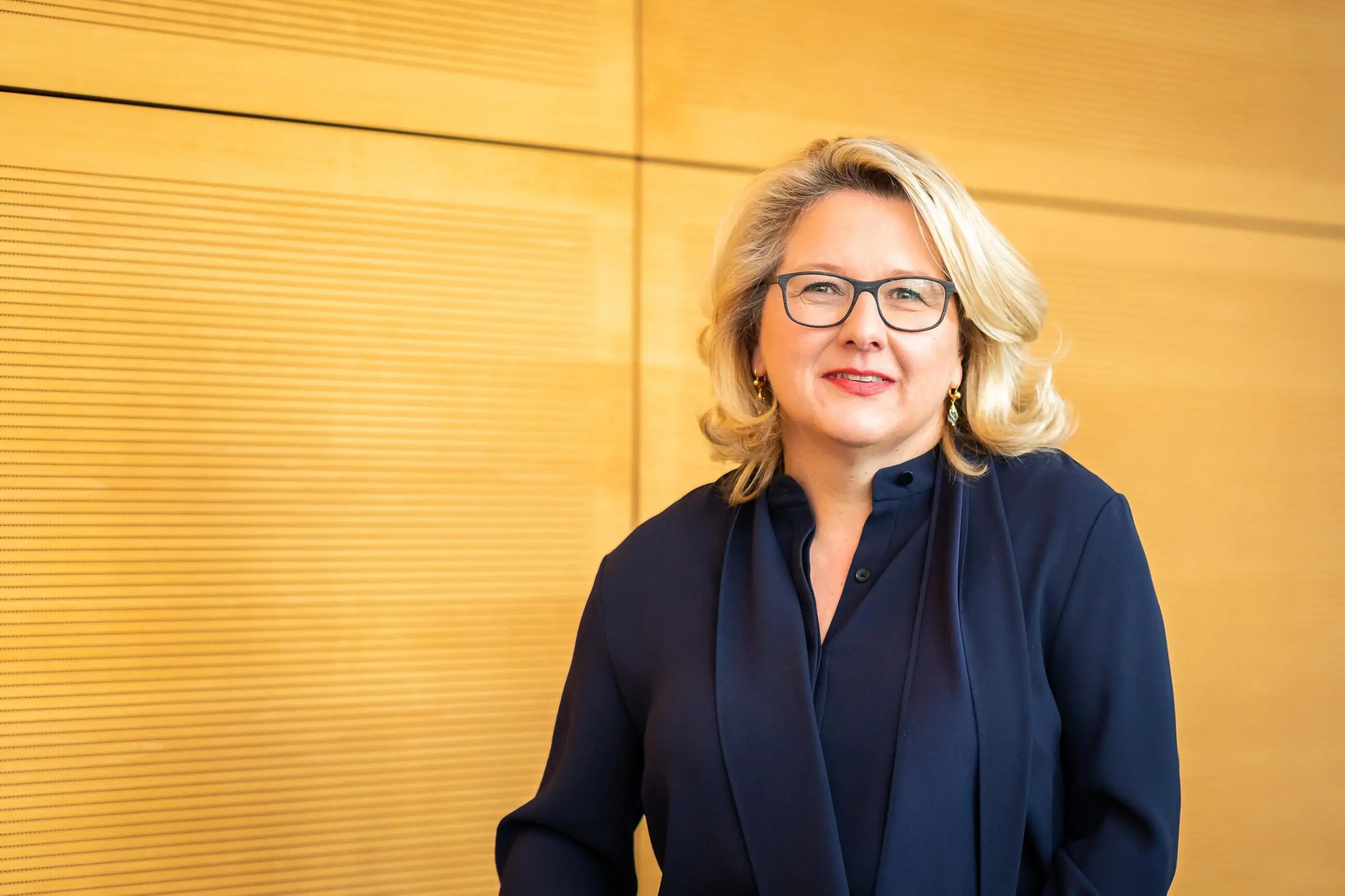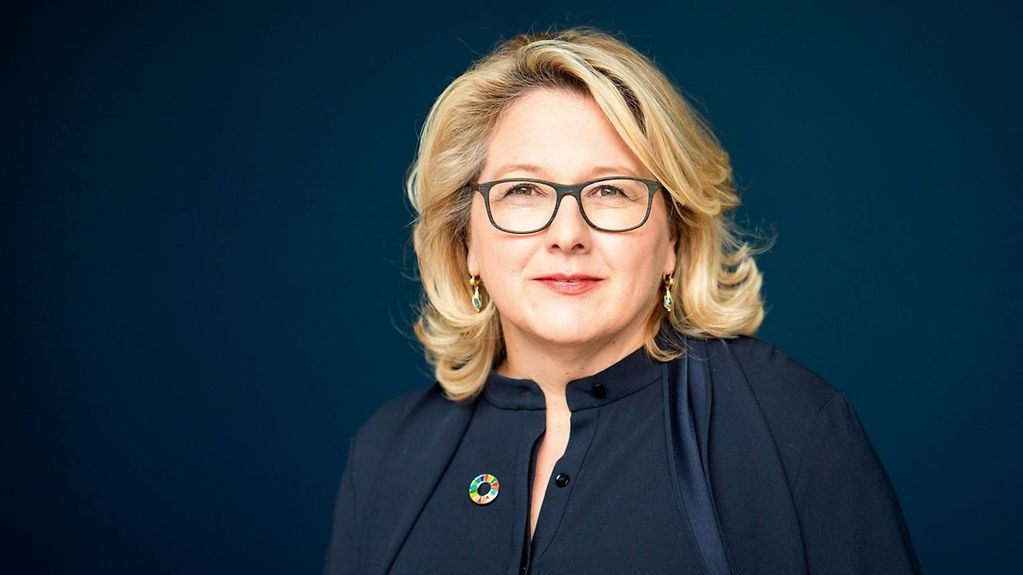German Development Minister Svenja Schulze has urged the world’s wealthiest individuals to make a greater contribution to environmental protection, emphasizing that they have the largest carbon footprint but contribute minimally to finding solutions.
Ahead of the Petersberg Climate Dialogue in Berlin, Schulze expressed her support for Brazil’s proposal to tax the superrich to raise funds for projects aimed at addressing global warming.
Schulze called for unprecedented efforts to protect the global climate, as diplomats gathered in Berlin for the two-day summit, which includes German Chancellor Olaf Scholz, Vice Chancellor Robert Habeck, and Foreign Minister Annalena Baerbock. The primary objective of the dialogue is to prepare for this year’s COP climate meeting in Baku, Azerbaijan.

Minister Svenja Schulze (Credits: Daily Post Nigeria)
Schulze stressed that public funds alone are insufficient to meet the needs for climate investments, but noted that there is sufficient wealth and money globally to make a difference. She highlighted the importance of the Brazilian G20 presidency’s initiative to fairly tax the global superrich.
The minister, a member of Scholz’s Social Democratic Party, acknowledged progress made so far, including the World Bank reform, which secured an additional $70 billion (€65 billion) in investments over the next few years for climate protection and other global challenges.
She also mentioned that the United Arab Emirates, a non-traditional donor, joined the effort by contributing to the new UN climate fund, the Loss and Damage Fund.
Foreign Minister Baerbock emphasized that industrialized countries like Germany must continue to take responsibility and fulfill their financial pledges.
Germany has earmarked €6.4 billion for this year and another €6 billion for next year. However, Baerbock stressed that public money will not be enough, and it is crucial to encourage the private sector to invest more in a safe, clean, and resilient economy in developing countries.

Svenja Schulze (Credits: Table.Media)
The Petersberg Climate Dialogue brings together representatives from around 40 countries, including G20 members such as the EU, US, China, and India, which are responsible for approximately 80% of global emissions. The Berlin meeting will discuss the feasibility of adhering to the 1.5-degree Celsius global warming limit set in the Paris Agreement.
Experts have expressed skepticism about achieving this goal, and Greenpeace’s German chief, Martin Kaiser, urged the German chancellor to call on states to raise their nationally stated contributions to reducing CO2 and introduce the phaseout of oil and gas.
The Petersberg Climate Dialogue has been held annually since 2010 in preparation for the COP summits, and this year’s meeting aims to make progress in addressing the global climate crisis.
























